
26 Feb 10 Things That Happen When You Drink Coffee on an Empty Stomach
Do you often reach for a steaming cup of coffee first thing in the morning? While that caffeine boost can be tempting, especially to kickstart your day, there are some things you should know about having it on an empty stomach. Here are seven potential side effects to be aware of:
Digestive Distress
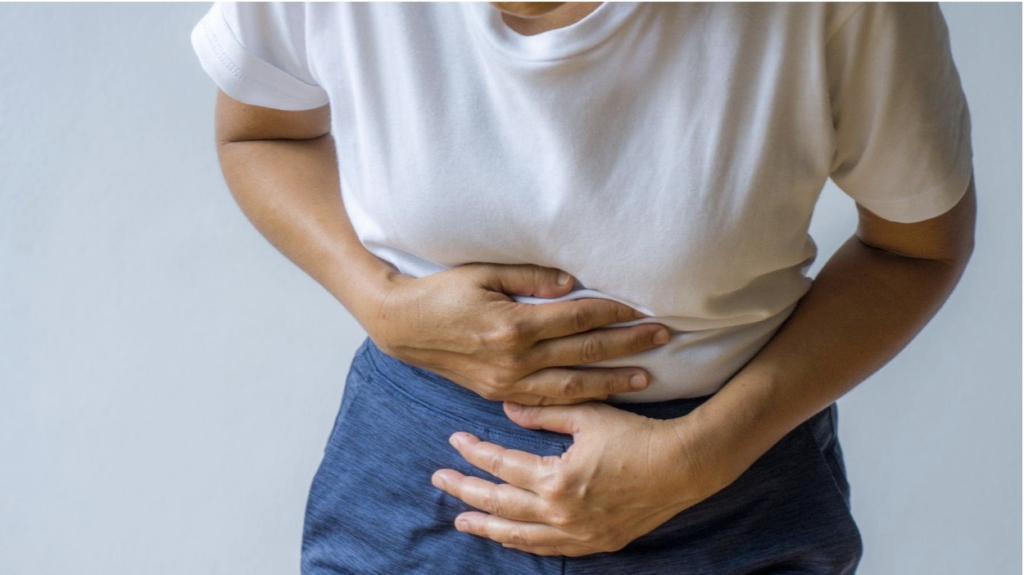
When you drink coffee on an empty stomach, the acidic nature of coffee can prompt your stomach to produce more acid. This increased acidity can lead to discomfort, including heartburn, acid reflux, or indigestion for some individuals. The excess acid can irritate the lining of the esophagus, causing a burning sensation in the chest and throat. It can also disrupt the balance of stomach acids, potentially exacerbating existing gastrointestinal issues or causing discomfort for those with sensitive stomachs.
Increased Anxiety and Jitters

Caffeine, the main active ingredient in coffee, is a powerful stimulant. Consuming caffeine on an empty stomach can cause a rapid surge in adrenaline levels. Adrenaline is a hormone associated with the body’s “fight or flight” response, leading to feelings of anxiety, nervousness, or restlessness. Some individuals may experience tremors or shakes, especially if they are particularly sensitive to caffeine. This jittery sensation can be uncomfortable and may interfere with daily activities or focus.
Blood Sugar Fluctuations
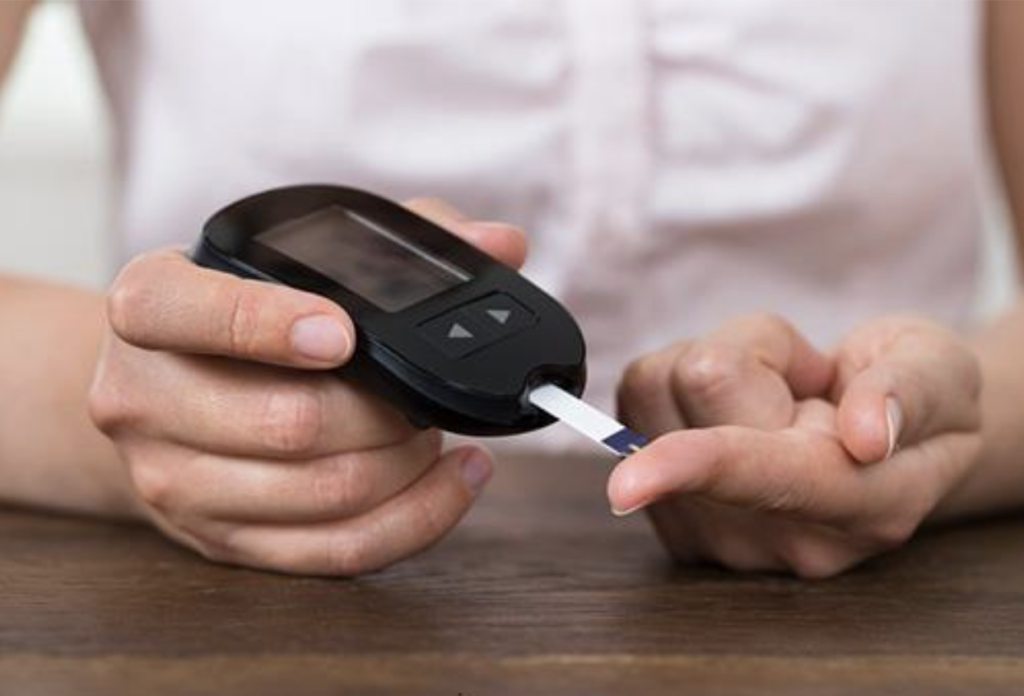
When you drink coffee without eating anything, the caffeine can quickly enter your bloodstream. This can lead to a rapid spike in blood sugar levels, followed by a subsequent crash. The rapid fluctuation in blood sugar can leave you feeling fatigued, irritable, or shaky. It may also trigger cravings for sugary or high-carbohydrate foods as your body seeks to replenish its energy stores. These fluctuations in blood sugar can be particularly problematic for individuals with diabetes or insulin resistance.
Dehydration

Coffee is a natural diuretic, meaning it increases urine production and can lead to dehydration. When consumed on an empty stomach, coffee may exacerbate this effect, as there are no other fluids or foods to help maintain hydration levels. Dehydration can cause symptoms such as thirst, dry mouth, headache, and fatigue. It’s essential to balance your coffee intake with adequate water consumption throughout the day to prevent dehydration and its associated symptoms.
Nutrient Absorption Interference

Coffee contains compounds that may interfere with the body’s ability to absorb certain nutrients, such as iron and calcium. These essential minerals play vital roles in various bodily functions, including oxygen transport, bone health, and muscle function. Consuming coffee on an empty stomach may hinder the absorption of these nutrients, potentially leading to deficiencies over time. Individuals who rely heavily on coffee as their primary source of hydration or consume it alongside nutrient-rich foods should be particularly mindful of this potential issue.
Increased Heart Rate and Blood Pressure
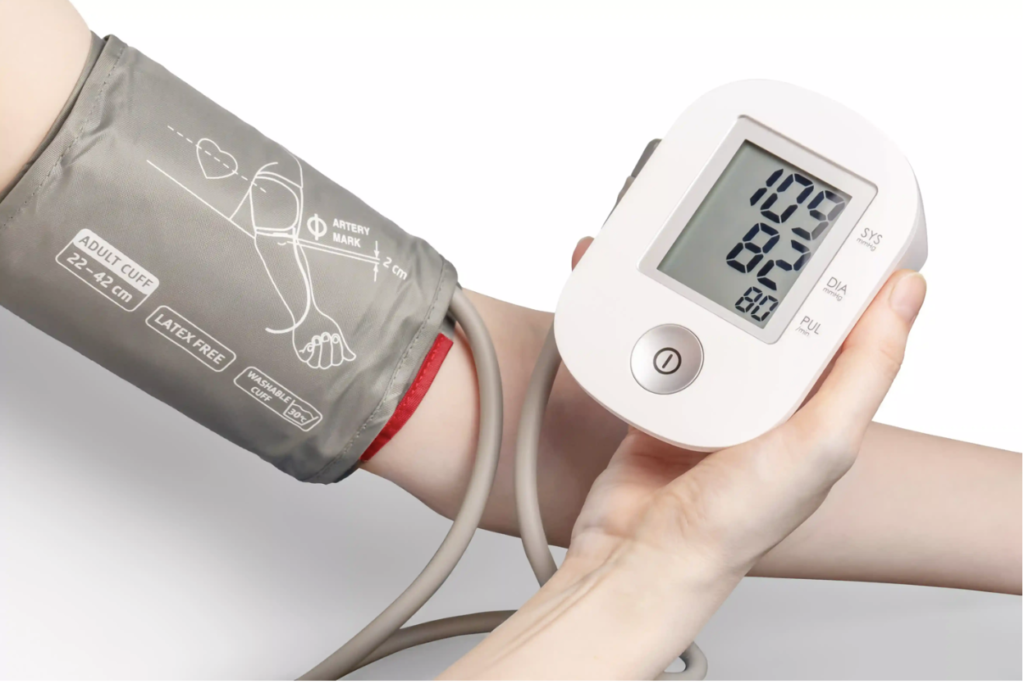
The caffeine in coffee can temporarily elevate heart rate and blood pressure. When consumed on an empty stomach, these effects may be more pronounced, especially in individuals who are sensitive to caffeine or have underlying heart conditions. The increase in heart rate and blood pressure can put additional strain on the cardiovascular system, potentially increasing the risk of heart palpitations, arrhythmias, or hypertension. It’s essential to monitor your caffeine intake and consider alternative beverages or methods of caffeine consumption if you experience adverse effects on your heart health.
Impact on Sleep Patterns

Drinking coffee in the morning, especially on an empty stomach, can disrupt your sleep patterns. The caffeine in coffee is a central nervous system stimulant that can linger in your system for hours. Consuming caffeine too close to bedtime can interfere with your ability to fall asleep or stay asleep throughout the night. Even if you do manage to fall asleep, the quality of your sleep may be compromised, leading to feelings of grogginess or fatigue the next day. To promote better sleep hygiene, it’s advisable to limit caffeine intake, especially in the hours leading up to bedtime, and opt for decaffeinated beverages or herbal teas instead.
Insulin Sensitivity
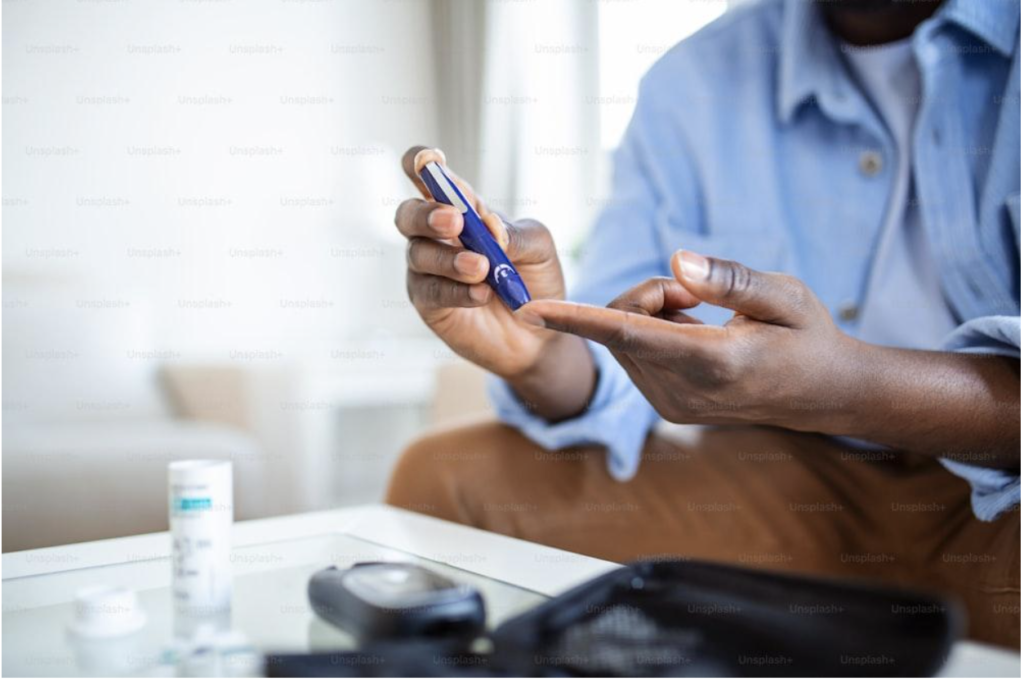
Research suggests that caffeine may influence insulin sensitivity, the body’s ability to respond to and regulate blood sugar levels. While moderate caffeine consumption may improve insulin sensitivity in some individuals, having coffee on an empty stomach could disrupt this delicate balance, potentially impacting blood sugar control over time, especially for those with insulin resistance or diabetes.
Nutrient Depletion

In addition to interfering with the absorption of certain minerals like iron and calcium, coffee on an empty stomach may also deplete other essential nutrients, such as B vitamins. B vitamins play a crucial role in energy metabolism and cognitive function. Long-term consumption of coffee without adequate nutrient intake from food could contribute to deficiencies and associated health issues.
Dental Health Concerns
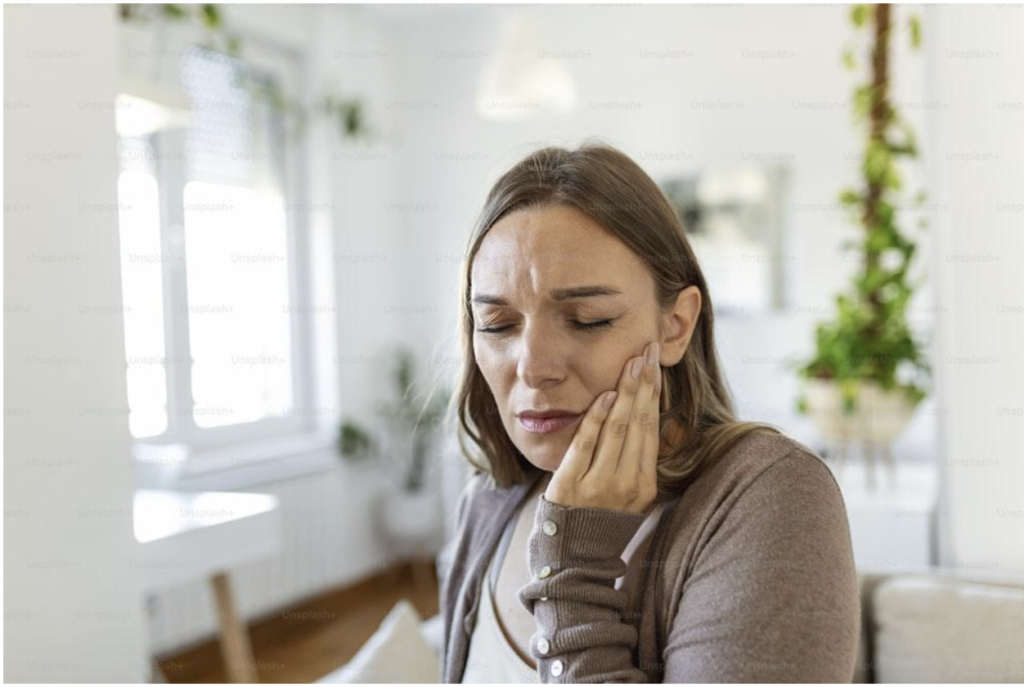
The acidity of coffee can weaken tooth enamel over time, making your teeth more susceptible to decay and sensitivity. Consuming coffee on an empty stomach exposes your teeth to higher concentrations of acid, increasing the risk of dental erosion and oral health issues.
Why People Drink Coffee On An Empty Stomach?

People often drink coffee on an empty stomach in the morning because they believe it helps wake them up and get their day started. Coffee contains caffeine, a natural stimulant that can increase alertness and improve mood. When consumed on an empty stomach, the effects of caffeine may be felt more quickly and intensely. Additionally, some people enjoy the ritual of having their morning coffee as part of their routine, regardless of whether they’ve eaten breakfast yet. However, it’s essential to be mindful of potential side effects and consider how coffee on an empty stomach may impact your digestion, energy levels, and overall well-being.
Given these potential side effects, it’s essential to consider your own tolerance to caffeine and how your body responds to it, especially when consuming coffee on an empty stomach. If you find that morning coffee leaves you feeling less than stellar, you may want to experiment with having it alongside a light breakfast or waiting until after you’ve eaten to indulge.
But fret not, if you’re in need of a morning energy boost without the drawbacks of coffee on an empty stomach, there are alternatives available. One such option is Energy-X oral strips. Experience sustained energy and improved focus with Energy-X oral strips. These convenient strips provide a quick and effective way to revitalize your mornings without the potential side effects of coffee on an empty stomach. To learn more about Energy-X and its benefits, visit www.fuelhealth.net.
Remember, the key to starting your day on the right foot is finding what works best for your body and lifestyle. Whether it’s a cup of coffee with breakfast or an alternative like Energy-X, prioritize your well-being and make choices that leave you feeling energized and ready to tackle the day ahead.


